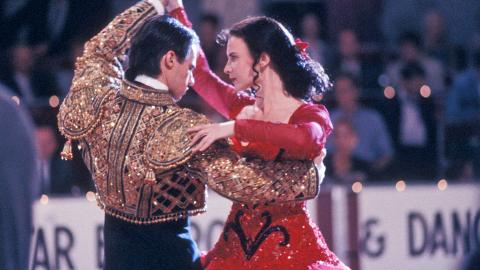

Sounds of Australia 2017
Sounds of Australia 2017
Ten sound recordings with cultural, historical and aesthetic significance have been added to Sounds of Australia for 2017.
There’s Kasey Chambers in there, and John Paul Young as well… Also among this year's inclusions are the Play School theme, Louis the Fly and a song about our most famous cricketer.
There are now in excess of 120 sounds. This collection includes a bonus recording from Australia's Amateur Hour.
Established in 2007, the Sounds of Australia is the NFSA’s selection of sound recordings which inform or reflect life in Australia. Each year, the Australian public nominates new sounds to be added with final selections determined by a panel of industry experts.
See the Complete Sounds of Australia list.
The National Film and Sound Archive of Australia acknowledges Australia’s Aboriginal and Torres Strait Islander peoples as the Traditional Custodians of the land on which we work and live and gives respect to their Elders both past and present.

